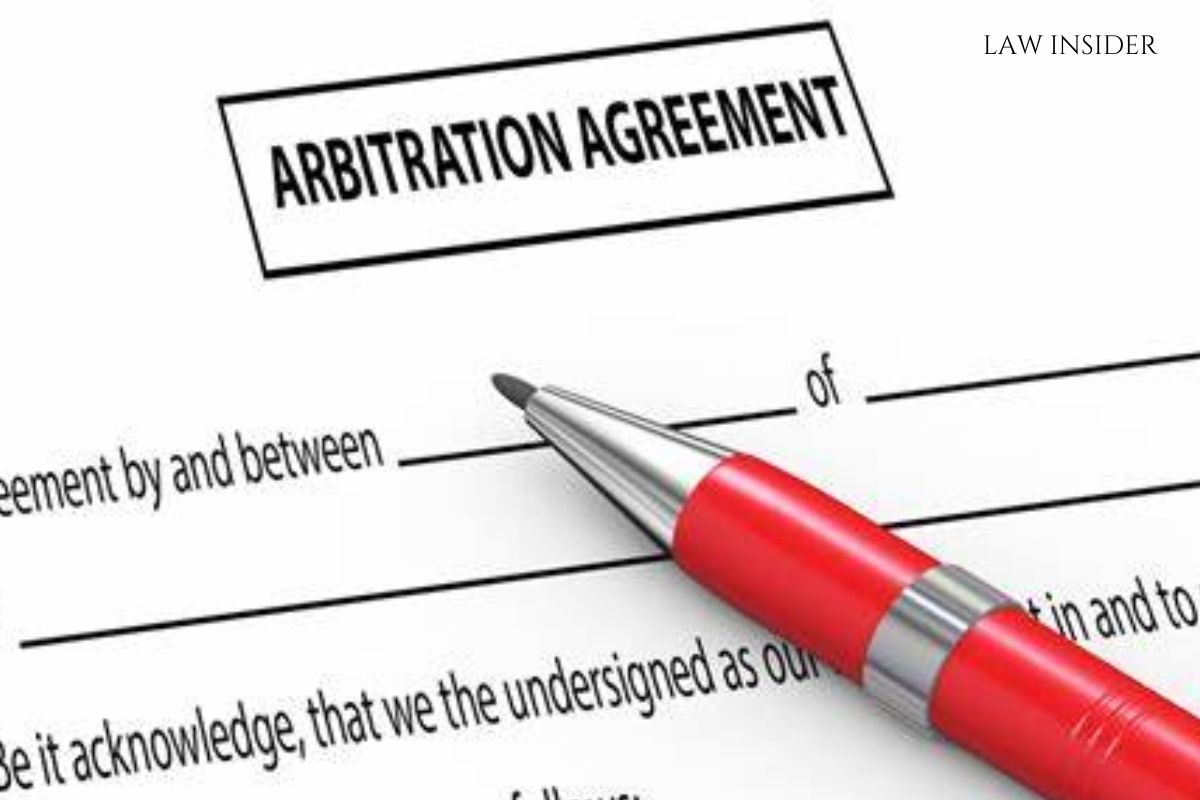Aastha Thakur
Published on: September 9, 2022 at 21:24 IST
The Supreme Court ruled that the absence of specific language in an agreement, which would have confirmed the parties’ commitment to arbitrate their disputes, cannot be used to justify the repeal of the arbitration clause.
The bench of Justices Surya Kant and Abhay S. Oka was hearing the appeal matter challenging the decision passed by the High Court where the Court dismissed the petitioner’s application.
In the instant matter, the appellant and respondent executed a ‘Development Agreement’ and later on gave the Respondent 1 authority via a General Power of Attorney (GPA).
The parties entered into a Deed of Declaration under Section 2 of the Maharashtra Apartment Ownership Act, 1970, in order to retain the facilities, amenities, and common spaces, and specifying the portions of the developed property.
The cause of action originated when Respondent No. 1 was way behind in completion of work which was initially has do be completed within 15 months. The appellant resultantly served legal notice communicating his desire to terminate the said Agreement and nullify the GPA as the period of 15 months along with the extendable period of 3 months had already lapsed. This gave rise to differences and disputes between the parties.
The District Court prohibited Respondent No. 1 from selling any tenements on the developed land until further orders as a result of the Appellant’s request for an injunction according to Section 9 of the Arbitration and Conciliation Act, 1996.
Then, the Appellant used the Development Agreement’s arbitration provision. Despite the notice having been properly served, the respondents did not reply. Due to this, the Appellant approached the High Court with an application under Section 11 of the Act.
Although the High Court acknowledged the existence of Clause 18 in the Agreement that provides for disputes to be referred to arbitration, it came to the conclusion that Clause 18 does not contain certain necessary elements of a valid arbitration agreement because it does not require that the arbitrator’s decision be binding on the parties and is final. As a result, the High Court denied the motion because it was unjustified.
The issue for consideration before the bench was whether Clause 18 constitutes a valid arbitration clause for the purpose of invoking powers under Section 11 of the Act.
The bench ruled that even while the words “final and binding” are not directly inserted therein, Clause 18 luminously shows the purpose and duty of the parties to be bound by the tribunal’s judgement.
According to the Supreme Court, in order for a court to use its authority to appoint an arbitrator or arbitration tribunal under Section 11 of the Act, there must be a valid arbitration agreement in place under Section 7 of the Act.
The bench noted that the dispute resolution section said that the Chairman, IFCI, or his designee would be responsible for resolving any problems. Because it was unclear whether the parties intended for their disagreements to be resolved by arbitration, the disputed paragraph did not form a valid arbitration covenant.
Thus, the subject phrase was effectively declared unconstitutional by applying the rule that one cannot be the judge of one’s own claim. Evidently, there was no arbitration provision that lacked a necessary component of an arbitration agreement.
In addition to the agreement itself being a declaration of commitment made by the parties at the time of signing the contract, the Supreme Court stated that there is no disputing that it is the bounden responsibility of the parties to follow by the conditions of the contract as they are sacred in nature. The parties cannot depart from the arbitration agreement since they agreed to it after fully understanding its implications.

